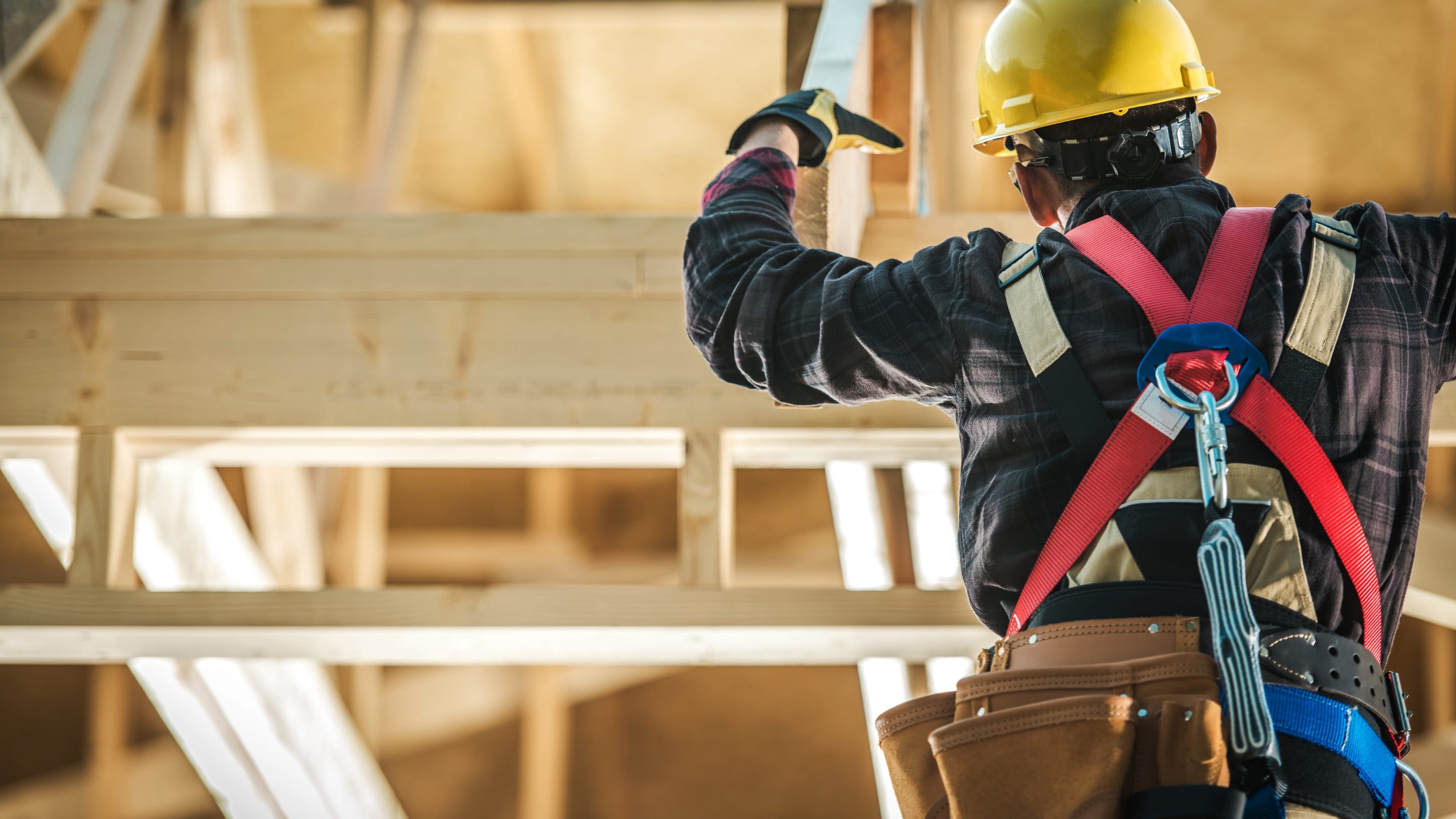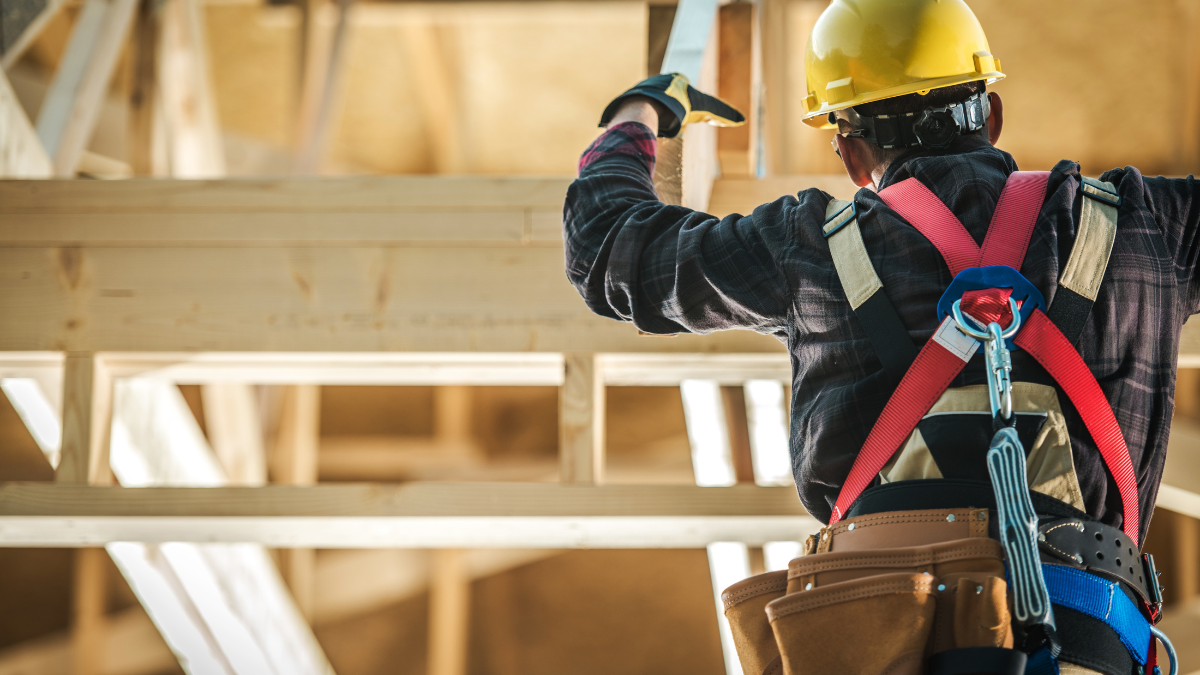Blog
Welcome to the CHBA Blog

Embark on your journey to home ownership in Canada with invaluable insights into renovation tips, finding professional contractors, and understanding the stages of home building. The CHBA Blog is perfect for first-time buyers and seasoned homeowners alike, offering practical advice for every step of the process. Learn how to plan for a new home, navigate the construction process, and execute smart renovations, whether you choose to DIY or hire a professional.
Follow us on:

The Nuts and Bolts of Residential Construction Careers: A Deep Dive into the Industry
Residential construction is a vibrant and essential sector of the construction industry that focuses on building, renovating, and maintaining homes. This field offers a diverse range of career opportunities, from hands-on roles to management positions and entrepreneurship, each contributing to the creation of comfortable and safe living environments. As we delve into the nuts and bolts of residential construction careers, we'll explore the various paths available, the skills required, and the future outlook of this dynamic industry.

Understanding Residential Construction
Residential construction involves building new homes, as well as renovating or remodeling existing ones. This sector is a cornerstone of the Canadian economy, driving employment and facilitating community development. It encompasses a variety of projects, including single-family homes, multi-family units, and custom builds. The industry's complexity and diversity require a workforce with a wide array of skills and expertise.
Career Opportunities in Residential Construction
Skilled Trades
At the heart of residential construction are skilled tradespeople who bring architectural plans to life. These roles are crucial for the physical construction of homes:
Carpenters: Responsible for framing walls, roofs, and installing cabinetry and trim.
Electricians: Install and maintain electrical systems, ensuring homes are safely wired.
Plumbers: Handle water supply systems, ensuring proper installation and maintenance.
Masons: Work with bricks, stones, and concrete to build foundations, walls, and other structures.
Drywall installers: install and finish drywall panels to create interior walls and ceilings in construction projects.
Roofers: Specialize in installing, repairing, and maintaining roofing systems.
Each of these trades requires specialized training, often through apprenticeships or technical schools, where individuals learn the skills necessary to perform their jobs safely and efficiently. Explore these and other career opportunities here.
Project Management and Supervision
Beyond the hands-on roles, residential construction also relies heavily on project management and supervision:
Construction Managers: Oversee the entire construction process, coordinating between different teams and ensuring projects are completed on time and within budget.
Site Supervisors: Directly manage construction sites, ensuring quality control and compliance with safety regulations.
Estimators: Analyze project plans and specifications to estimate the costs of labor, materials, and equipment.
These roles typically require a blend of technical knowledge and leadership skills, often obtained through a combination of experience, education, and professional certifications. Explore these and other career opportunities here.
Design and Planning
In residential construction, design and planning are critical stages that set the tone for the entire project:
Architects: Create the plans for the home, ensuring its design is structurally sound, combining creativity with practicality.
Drafting Technician: Create detailed technical drawings and plans based on architects’ designs. They use software to convert the designs of architects and engineers into technical drawings.
Interior Designers: Focus on the interior spaces, selecting colors, materials, and furnishings to create functional and appealing environments. Many interior designers also work on some of the same tasks as an architect, like the layout of the floorplan.
Professionals in these fields often hold degrees in architecture or design and possess a keen eye for detail and creativity. Explore these and other career opportunities here.
Essential Skills for Success
To thrive in the residential construction industry, individuals need a mix of technical, practical, and soft skills:
Technical Skills: Knowledge of construction methods, materials, and tools is essential. This includes understanding blueprints and building codes.
Problem-Solving: The ability to troubleshoot and resolve issues on the fly is crucial in construction, where unexpected challenges frequently arise.
Communication: Clear communication is vital for collaboration among diverse teams, including subcontractors, clients, and regulatory bodies.
Attention to Detail: Precision is critical in construction, where small errors can lead to costly rework or safety hazards.
Physical Stamina: Many roles in construction require physical endurance and the ability to work in various weather conditions.
Learn more about these skills and how to get started here.
The Future of Residential Construction
The residential construction industry is evolving, driven by technological advancements and a growing emphasis on sustainability:
Net Zero Homes: There is an increasing demand for environmentally friendly homes, which necessitates knowledge of sustainable materials and energy-efficient systems.
Smart Homes: The integration of technology into homes is on the rise, requiring expertise in installing and maintaining smart systems.
Panelization: Prefabricated building components are becoming more popular, offering faster and more efficient construction methods.
Modular/Factory-Built Construction: Homes are built entirely in a factory, out of the elements, before being brought and “installed” on the home’s lot.
These trends indicate a promising future for those entering the residential construction field, with opportunities for innovation and growth.
Residential construction offers a rewarding career path for those interested in building the places people call home. With a variety of roles available, from skilled trades to management and design, there is a niche for nearly every interest and skill set. As the industry continues to evolve, driven by technological and environmental changes, the demand for skilled professionals is expected to grow. By acquiring the necessary skills and staying abreast of industry trends, individuals can build successful and fulfilling careers in this essential and dynamic field.
learn more about this impressive industry at https://www.chba.ca/why-residential-construction/






